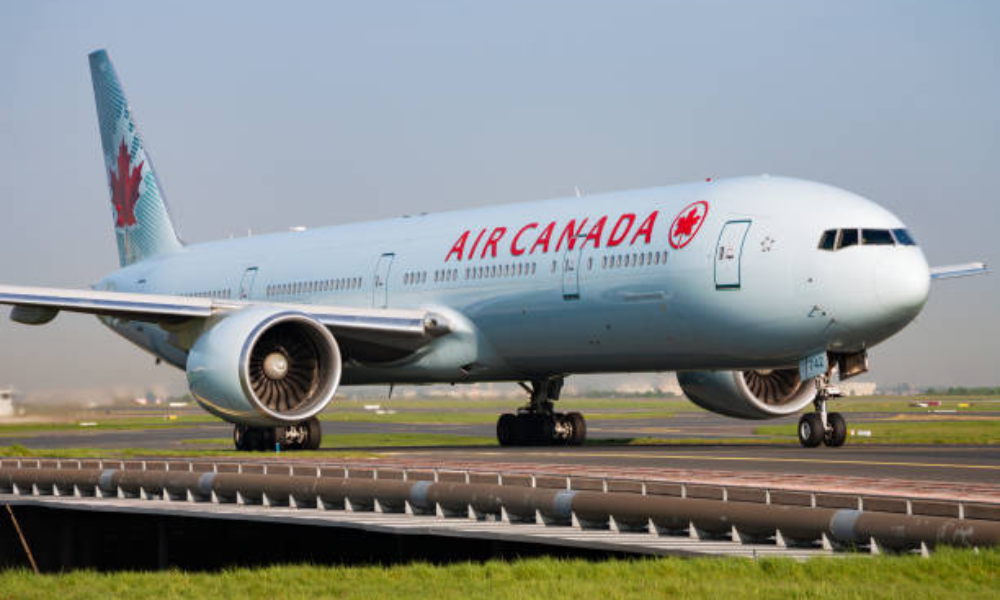Air Canada's pilots remain the highest compensated in Canada with a new deal

Air Canada pilots have voted in favour of a new collective agreement, securing wage increases and addressing concerns over work-life balance.
According to BNN Bloomberg, almost seven out of ten pilots (67 percent) represented by the Air Line Pilots Association (ALPA) approved the deal, which applies to over 5,200 pilots from Air Canada and its subsidiary Air Canada Rouge.
The agreement comes after more than a year of negotiations and is retroactive to September 30, 2023, remaining in effect until September 29, 2027.
The agreement provides pilots with a cumulative wage increase of nearly 42 percent over the four-year period. Despite these gains, about one-third of pilots voted against the deal, raising concerns over entry-level pay, scheduling, and a significant pay gap between newer recruits and more experienced pilots.
First-year pilots will now earn between $75,700 and $134,000 annually, while captains flying larger aircraft, such as the Boeing 777, could earn over $367,000 by their fifth year, as reported by BNN Bloomberg.
Michael Rousseau, president and chief executive of Air Canada, expressed satisfaction with the agreement’s approval.
“The agreement is mutually beneficial, and it will keep our pilots the best compensated in Canada and provide the work-life balance improvements they were seeking. At the same time, the agreement gives our company flexibility and creates a framework for future growth of the airline and its network,” said Rousseau.
According to BNN Bloomberg, the deal also avoids a potential strike, which could have caused disruptions across the airline’s network, with 670 flights and 110,000 passengers impacted daily.
The pilots' union emphasized that the agreement helps address compensation losses from previous decades.
Charlene Hudy, head of ALPA's Air Canada contingent, stated, “This agreement helps restore what Air Canada pilots have lost over the past two decades and creates a strong foundation from which to build on.”
The union's internal vote saw 99 percent of eligible pilots cast their ballots, demonstrating high engagement on the deal.
Nonetheless, the pay structure remains a point of contention, particularly for newer pilots. While wages rise substantially after the second year, pilots in their first four years at the airline will still earn significantly less than their more experienced counterparts, despite the recent changes.
The new collective agreement is expected to provide Air Canada with the stability needed to continue pursuing its growth strategy, while also addressing some of the long-standing concerns raised by its pilot workforce.



